
Richard Spurr 1am - 4am
30 September 2019, 07:17 | Updated: 30 September 2019, 08:26

LBC Infiltrates People Smuggling Gang In Northern France
This is the remarkable story of how LBC's reporter went undercover to infiltrate one of the biggest gangs smuggling migrants into the UK - in his own words.
I have been investigating undocumented migrants for 23 years - where they're from, how they get to the UK, how they stay in the UK.
Two things have become clear to me:
1) The undocumented migrants are the victims in this.
2) The greed of the criminals involved who are supplying the documents to them.
These humans are simply seen as a commodity to be exploited. There is no empathy and no sympathy for what they've been through.
We wanted to find out how so many migrants were reaching the shores of the UK, so with my son, we arrived in Dunkirk and started investigating.
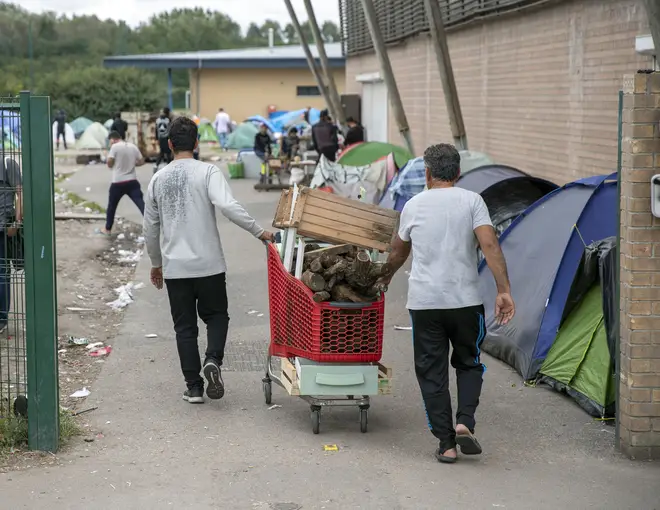
I've been in a lot of migrant camps in northern France, but in Dunkirk, where the migrants stayed in a disused leisure centre in a residential area, I saw something I'd never seen before. There were groups of uniformed UK Border Force Officers in the camp with translators talking to the migrants.
Their job was to dissuade them from getting in the small boats and crossing the Channel. They were pointing out the dangers to their lives, insisting that there would be no jobs or opportunities when they get here. It was the Home Office's effort to quell the tide of migrants trying to get to the UK.
We were trying to find out how people were getting across, but it's not as simple as asking if anyone knows a smuggler. The price has risen sharply in the last year and there is resentment in the camp for people who can afford it.
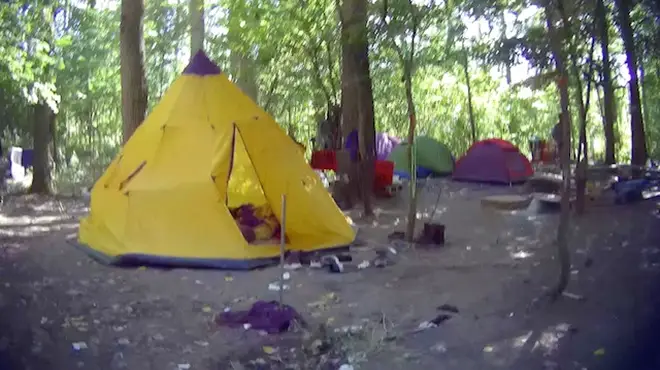
In the end, we withdrew from the camp and waited at a bus stop where we saw a lot of migrants heading into central Dunkirk. It was there that we met Bilal.
He told us he was going on a boat to England that night and was on his way to town to charge some mobile phones for his boss. It turned out that the criminal gang were using young Afghan lads to tout for business, rounding up customers for them. And their payment for their work is being put on a boat to the UK themselves.
Although they were also used as the pilot for the boats. With no training and no guidance, they were put in charge of the small boats built for eight people, but which had 25-30 squeezed into it. They are literally pointed towards some lights on the English coastline and told to aim for them.
But interestingly, we discovered that they aren't aiming to get to the coast. All they want is to get into British waters. Once they are into British waters, the coastguard or Border Force will rescue them and take them to the mainland. The majority get picked up - just 30% of the boats that make it to British waters actually make it to land.
He took us to their boss, Farouk. Hidden in a clearing deep in a wood near a shopping centre, we met him in a tent. His first words to us were simply: "When do you want to go?"
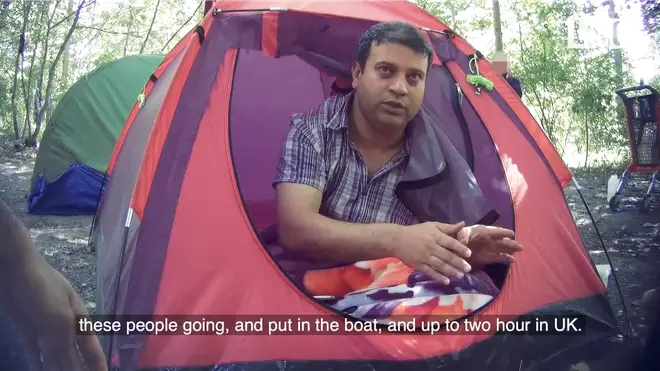
We told him our story - that we wanted to get my relative from India who is currently in Spain into the UK. He told us it would cost £7,000. We needed to pay £1,000 to him by MoneyGram and meet up with one of his agents in the UK to hand over the other £6,000.
Remarkably, he told us that the authorities were in on the scheme. He said there was collusion with the French police, immigration authorities and coastguard. He said: "They help us, they know we're here. They tell us tonight is a good night, they help us with papers."
They also warn them when it's not a good night to get passengers out of France - when drones are up or patrols are out. At the very least, they are turning a blind eye. At worst, they are actively helping them.
He put us in touch with one of his agents in the UK, working out of a convenience story in Birmingham. Tomorrow, I'll tell you the story of my trip to meet him.
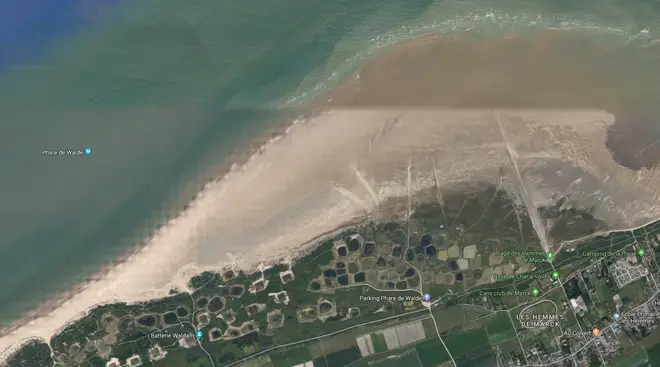
Before we left Dunkirk, we wanted to find where the boats leave from. Bilal had talked a lot about "Hemmes, Hemmes", so we looked on a map to see what we could find.
Just between Calais and Dunkirk, we found Les Hemmes De Marck, essentially a huge mudflat leading out to the sea. We drove to the furthest point we could and then continued on foot. As we got to the edge of the sea, we got to the spot they would drop the RIB (Rigid Inflatable Boat), inflate it, fill it with as many people as possible and cast off.
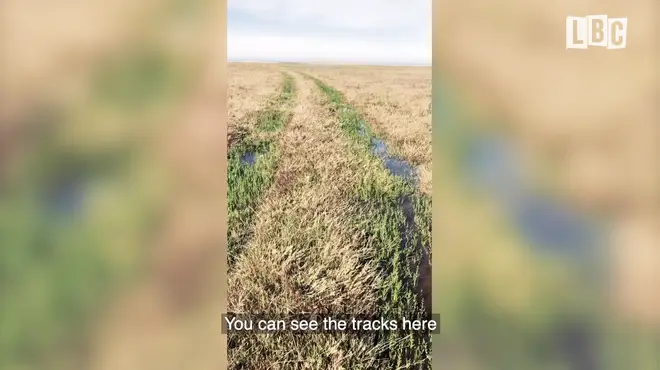
In some ways, it's the perfect spot. When the tide came in, it would be inaccessible and all evidence and tracks would be washed away. We found tyre tracks and a discarded fuel tank, showing they must have been there the night before.
Tomorrow, we will explain how a network of agents around the UK are involved in this criminal people smuggling gang.